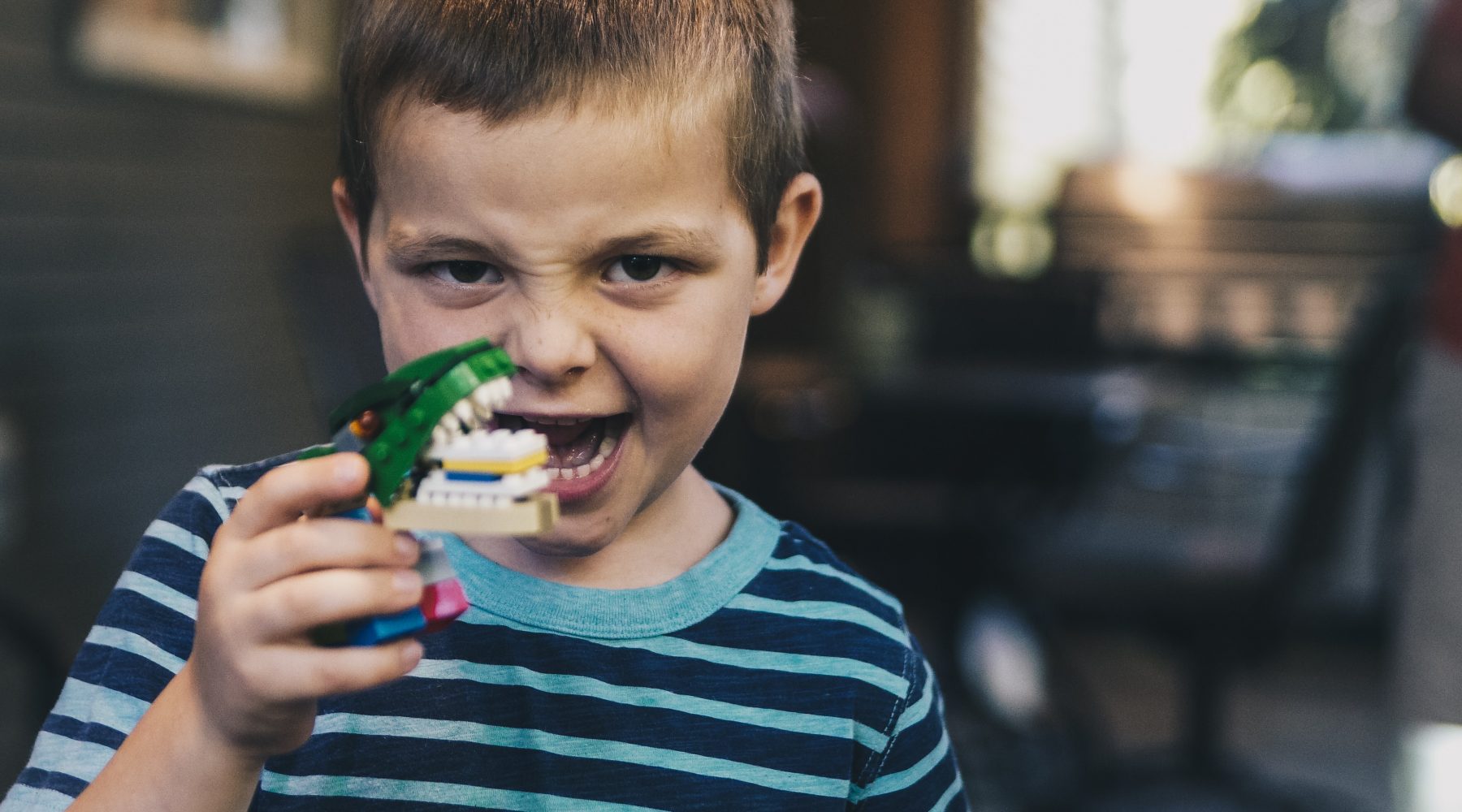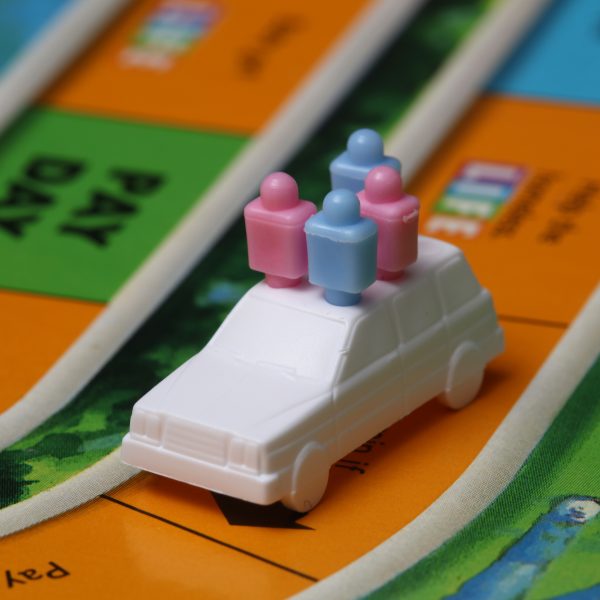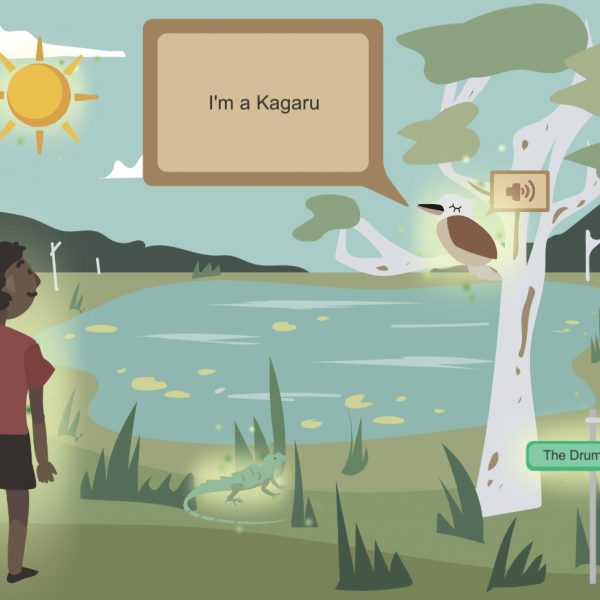Using gamification to boost health outcomes for children

Games have always played a fundamental role in human culture. Through play and games, the human race has been able to develop skills and capacities needed for success later in life.
Now the Dentacoin Foundation, based in the Netherlands, are using gamification – the application of game-design elements and game principles in non-game contexts – to tackle a crucial element of overall health and wellbeing – oral hygiene.
When designing the concept for their upcoming educational game, “Dentacare: Jaws of Battle”, the designers said they were aiming to make a routine, yet often avoided, aspect of personal hygiene fun.
Games are powerful, the designers said, because they have incredible potential to store and communicate vital life lessons, experiences and traditions through three primary concepts:
1) Triggers;
2) Reinforcement;
3) Goals.
Triggers provoke behaviour that will benefit the player in the long run. Reinforcement stimulates the player into repeating positive behavioural patterns developed in the past through implicit or explicit rewards. The goal, typically, is to “win” by crossing the finish line, collecting the coins, protecting the King etc.
Logically, these mechanics are not implemented to function in a solitary state, isolated from one another, but rather work in tandem to deliver not only an enjoyable experience, but also to foster specific sets of behaviours that are set as goals for the game.
Educational games, the designers noted, pose a special layer of challenge, as “education by itself is rarely a fun and entertaining activity for pretty much anyone. It is primarily seen as a responsibility and a chore instead of something we can also do for leisure.”
The serious nature of education and educational tasks have the tendency to put people off, unless they are truly committed towards reaching the goal.
“Making a universally dreaded chore fun and entertaining was naturally no easy task, yet it was not impossible, as we capitalised on the incredible potential triggers and reinforcement have,” explained Petar Stoykov, Dentacare Project Manager.
“Dentacare: Jaws of Battle” is an educational collectible trading card game, where the player pits their own digital jaw and its corresponding set of teeth against an opponent in a duel-like arena combat. Players use dental-themed, special-effect cards to attack each other and protect their own teeth for a limited set of turns.
The winner, when the last turn ends, is the player with the highest number of teeth left intact.
The game aims to teach players which “characters” are good or bad for their teeth and stimulate them to take personal responsibility for the wellbeing of their own teeth in a subliminal manner.
As players lose their teeth in combat, they are given the opportunity to regenerate them through brushing, thus shifting the perception of brushing ever so slightly from “I have to” towards “I want to”.
More information about gamification in the context of early childhood education and care can be found here. For those interested in using Dentacare with children in their service, the alpha version is available for testing on both Android and iOS devices.
Popular

Policy
Practice
Provider
Quality
NSW Government launches sweeping reforms to improve safety and transparency in early learning
2025-06-30 10:02:40
by Fiona Alston

Provider
Takeovers panel declines Mayfield Childcare application, refers matter to ASIC
2025-06-30 10:30:15
by Fiona Alston

Economics
Policy
Provider
Workforce
Prime Minister Albanese backs Tasmanian Labor’s childcare plan, highlights national early learning progress
2025-06-30 10:42:02
by Fiona Alston













